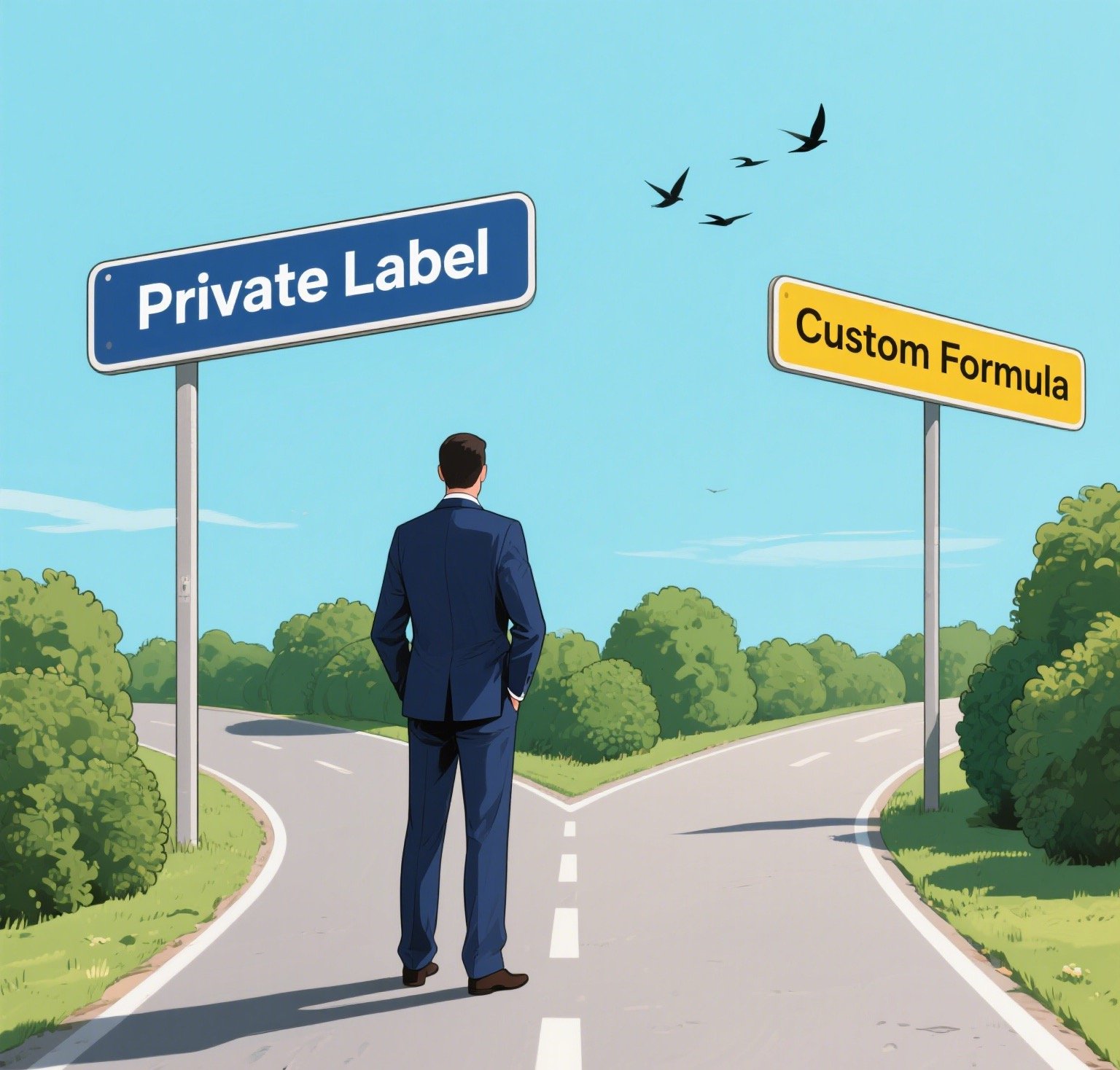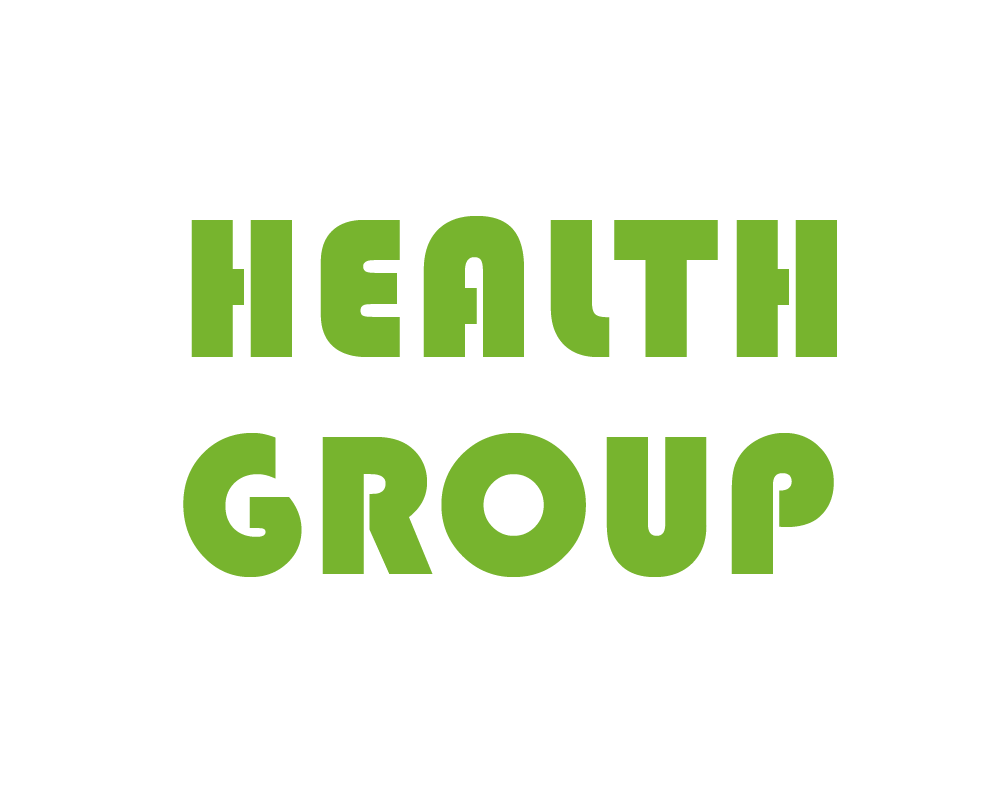
Feeling stuck choosing between private label and custom formulation? You’re not alone. Many brand owners hesitate, fearing they might pick the wrong path and lose time or money. But there’s a clear solution. Understanding the core differences can help you pick a strategy that fits your brand’s growth. This article walks you through both options, so you can move forward with clarity and confidence.
Private label means choosing ready-made products and applying your own branding. It’s fast, simple, and cost-effective. Custom formulation means building a unique supplement formula from scratch. It takes more time and budget but offers full control and innovation. Private label suits brands that want to launch quickly. Custom formulation is best for those who want to stand out with something original. Your choice depends on your goals, timeline, and investment level.
Both paths can grow your supplement brand, but each comes with unique benefits and trade-offs. Keep reading to discover the differences, evaluate what fits your business model, and learn from real insights to help you decide wisely.
What Does Private Label Supplement Manufacturing Involve?
Private label is a quick and efficient way to bring supplements to market without starting from zero.
Private label lets you choose existing formulas from a manufacturer and sell them under your brand name. It is a common method for startups and fast-scaling brands.

Private label supplements come pre-formulated. You pick from a product catalog, design packaging, and add your label. There’s no R&D involved.
Key Advantages:
- Fast production timeline
- Lower startup cost
- No formula development needed
Table: Private Label Summary
| Feature | Private Label |
| R&D Time | None |
| Customization Level | Low |
| Cost | Low |
| Lead Time | Short |
| Ideal For | New brands, budget-focused |
* Private label helps brands launch products within 4–6 weeks.
* Many B2B retailers use private label to test market demand before scaling.
What Is Custom Formulation in the Supplement Industry?
Custom formulation allows brands to develop original products that align with specific health claims or niche demands.
Custom formulation is building a new supplement formula from the ground up with expert input. It’s designed to stand out and offer unique value.
With custom formulation, you work with a development team. You select ingredients, dosages, delivery formats, and flavor profiles. You go through R&D, trials, and compliance checks.
Steps in Custom Formulation:
- Define goals
- Choose actives and dosage
- Lab testing
- Certification and compliance
- Scaling production
Table: Custom Formulation Summary
| Feature | Custom Formulation |
| R&D Time | 2–6 months |
| Customization Level | Very High |
| Cost | Medium to High |
| Lead Time | Long |
| Ideal For | Established or niche brands |
* Custom formulas help brands secure trademarks and IP protection.
* Products developed through custom formulation often command higher retail prices.
Which Option Offers Faster Market Entry?
Speed is crucial, especially in a competitive market. Let’s look at which model gets your brand moving faster.
Private label is clearly faster. It can take a few weeks. Custom formulation may need several months due to R&D and testing.
Private label speeds things up. The formula is done. Labels get printed. Then it’s shipped.
Custom formulation needs ingredient research, trials, and approvals. This slows down launch.
Table: Time-to-Market Comparison
| Task | Private Label | Custom Formulation |
| Product Selection | 1–2 days | 1–2 weeks |
| Label Design | 1 week | 1–2 weeks |
| Testing & R&D | None | 1–3 months |
| Regulatory Approval | Fast | Moderate to slow |
| Total Time | 3–6 weeks | 3–6 months |
* Private label brands can go live in under two months.
* Custom formulation projects often take 4–6 months before shipping.
How Do Costs Compare Between Private Label and Custom Formulation?
Budget plays a big part in your decision. Here’s how the costs stack up.
Private label is cheaper upfront. Custom formulation needs more capital for R&D, testing, and compliance.
Private label avoids high startup fees. You invest in packaging, MOQs, and marketing. Custom projects add lab fees, test batches, and expert consultations.
Table: Cost Breakdown
| Item | Private Label | Custom Formulation |
| Initial Investment | Low ($) | High ($$$) |
| Development Fees | None | Yes |
| Per Unit Cost | Lower | Higher |
| Risk Level | Low | Medium to High |
* Private label options require less than $5,000 to start.
* Custom formulation can cost upwards of $20,000 before production.
Which Model Gives Your Brand a Competitive Edge?
Standing out in a crowded market can make or break your success. Let’s see which model helps you shine.
Custom formulas offer exclusivity. Private label products might be sold by multiple brands.
Private label means sharing formulas. You’ll rely on branding to stand out.
Custom formulas are unique. They can address niche needs, offer innovation, and bring science-backed credibility.
Table: Competitive Differentiation
| Factor | Private Label | Custom Formulation |
| Uniqueness | Low | High |
| Innovation | Limited | Flexible |
| Brand Protection | No exclusivity | Possible trademarks |
* Custom supplements help build brand authority through innovation.
* Many brands use custom blends to enter niche markets with fewer competitors.
How to Decide: Which Strategy Matches Your Business Goals?
It all comes down to your brand’s mission, timeline, and budget.
If you want to test the market or launch fast, go private label. If your goal is long-term innovation and strong brand identity, choose custom formulation.

Start with these questions:
- What’s your budget?
- How soon do you want to launch?
- Is uniqueness a priority?
- Do you plan to scale or stay niche?
Table: Decision Flow
| Question | Choose This If… | Option |
| Is speed your top concern? | Yes | Private Label |
| Do you need a custom health benefit? | Yes | Custom Formulation |
| Is budget a key limitation? | Yes | Private Label |
| Do you want IP protection? | Yes | Custom Formulation |
* Brands aiming for fast returns often start with private label.
* Growth-focused brands shift to custom formulation after market validation.
Conclusion
Private label and custom formulation each offer real value. One is fast and simple. The other is unique and strategic. Your business goals should guide your choice. Think about your timeline, budget, and market position. Then take action with confidence.
Contents of Conclusion
- Private label is great for fast entry and lower costs
- Custom formulation is best for long-term innovation
- Your goals should guide your decision
Manufacture Stock and Custom Supplement Formulas With Shandong Health Biotech
At Shandong Health Biotech, we specialize in both stock and custom dietary supplement manufacturing to support your brand’s unique goals. With years of experience and a skilled technical team, we’re equipped to bring your vision to life—whether you’re launching a new product or expanding your existing line.
Explore our extensive catalog of 200+ private label stock formulas, or collaborate with our experts to develop a custom formulation tailored to your brand’s needs.
Ready to get started?
Fill out our Request a Quote form today and let us help you build your next successful supplement product.


